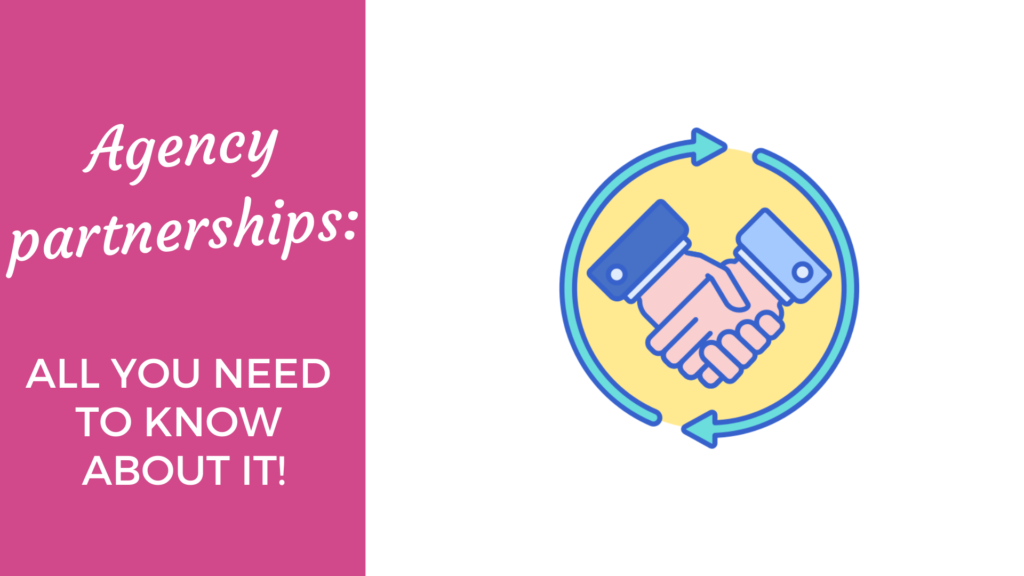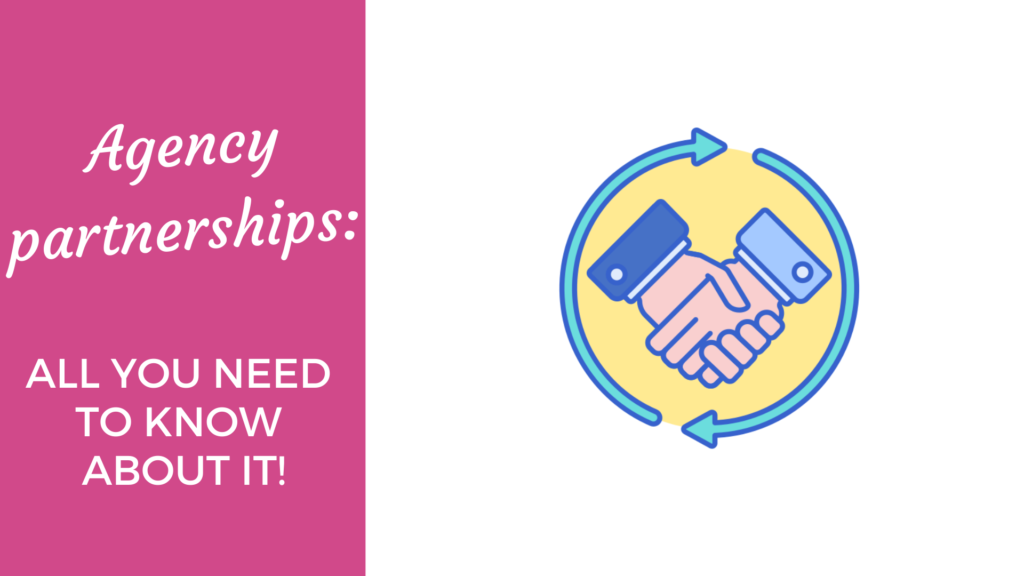In the intricate dance of modern business, the decision to partner with external agencies is a strategic move undertaken by many companies seeking to navigate the complexities of today’s market landscape. This collaboration is often driven by a multitude of factors, each contributing to the overall growth and success of the company. In this article, we delve into the dynamics behind why companies choose to partner with agencies and the synergistic benefits that arise from such alliances.

- Expertise and Specialization: Companies often lack the in-house expertise required to excel in certain areas such as marketing, advertising, or technology. Partnering with agencies allows them to tap into specialized skills and knowledge that may be beyond their internal capabilities. Whether it’s harnessing the latest digital marketing techniques or leveraging cutting-edge technologies, agencies bring a wealth of expertise to the table, enabling companies to stay ahead of the curve and remain competitive in their respective industries.
- Cost Efficiency and Resource Optimization: Building and maintaining a dedicated team for specific functions can be costly and resource-intensive for companies, especially smaller businesses with limited budgets. By partnering with agencies, companies can access a wide range of services and expertise on a flexible, as-needed basis, without the overhead costs associated with hiring and training full-time employees. This cost-effective model allows companies to optimize their resources and allocate budgets more strategically, focusing on areas that drive the highest return on investment.
- Agility and Adaptability: In today’s fast-paced business environment, companies need to be agile and adaptable to respond to changing market dynamics and consumer preferences. Partnering with agencies provides companies with the flexibility to scale their operations up or down quickly in response to evolving needs and priorities. Whether it’s launching a new product, entering a new market, or adapting to emerging trends, agencies can provide the necessary expertise and resources to support companies in their growth and expansion endeavors.
- Access to Cutting-Edge Technology and Innovation: Technology plays a crucial role in driving business growth and innovation in today’s digital age. Partnering with agencies gives companies access to cutting-edge technologies, tools, and resources that they may not have access to internally. Whether it’s leveraging data analytics for actionable insights, implementing AI-driven marketing strategies, or harnessing the power of virtual reality for immersive brand experiences, agencies can help companies stay at the forefront of innovation and technology adoption.
- Creative Collaboration and Fresh Perspectives: Collaboration with external agencies often brings a fresh perspective and creative energy to companies’ marketing and branding efforts. Agencies are staffed with creative professionals who thrive on innovation and out-of-the-box thinking, bringing new ideas and perspectives to the table. By partnering with agencies, companies can tap into this creative talent pool to develop engaging campaigns, compelling content, and memorable brand experiences that resonate with their target audience and drive business growth.
- Global Reach and Market Expansion: For companies looking to expand their reach into new markets or target demographics, agencies with a global footprint can provide invaluable support and expertise. Many agencies have extensive networks and local market knowledge that can help companies navigate the complexities of international expansion. Whether it’s adapting marketing strategies for different cultural contexts or navigating regulatory requirements in foreign markets, agencies can provide the necessary guidance and support to help companies achieve their global growth objectives.
- Risk Mitigation and Accountability: Partnering with agencies can help companies mitigate risk and enhance accountability in their operations. Agencies are often contractually obligated to deliver results within specified parameters, providing companies with greater assurance and peace of mind. Additionally, agencies operate within a framework of performance metrics and key performance indicators (KPIs), allowing companies to track progress and hold their partners accountable for delivering on their promises.
In conclusion, the decision to partner with agencies is driven by a combination of factors, including expertise, cost efficiency, agility, access to technology and innovation, creative collaboration, global reach, and risk mitigation. By leveraging the resources and expertise of external agencies, companies can gain a competitive edge, drive innovation, and achieve their growth objectives more effectively in today’s dynamic business environment.
